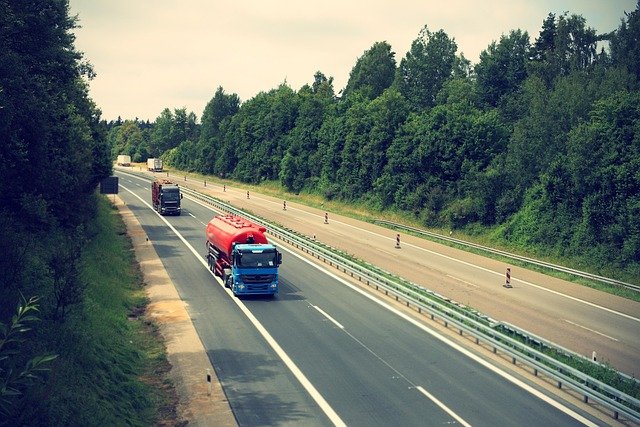Exploring AI trucks and artificial intelligence in trucking industry
The trucking industry is experiencing a revolutionary transformation through artificial intelligence and autonomous technologies. From enhanced safety features to optimized route planning and fuel efficiency, AI is reshaping how freight moves across highways. This comprehensive overview examines how AI trucks are revolutionizing fleet operations and what the future holds for this rapidly evolving sector.

How AI is Transforming Fleet Operations
AI technology is fundamentally changing fleet management through advanced data analytics and machine learning. Modern AI-equipped trucks feature sophisticated sensors that monitor vehicle performance, driver behavior, and road conditions in real-time. These systems can predict maintenance needs, optimize fuel consumption, and provide actionable insights to fleet managers for improved operational efficiency.
Key Safety Innovations in AI Trucks
Advanced driver assistance systems (ADAS) powered by AI are making trucking significantly safer. Features like automatic emergency braking, lane departure warnings, and adaptive cruise control help prevent accidents and reduce driver fatigue. Computer vision systems continuously monitor blind spots and potential hazards, while AI algorithms process this information to make split-second decisions that enhance safety.
Autonomous Driving Technology Development
While fully autonomous trucks are still in development, several levels of automation are already operational. Major manufacturers are testing self-driving capabilities on designated routes, with AI systems handling tasks like highway driving while human operators manage complex urban environments and loading/unloading procedures. This hybrid approach represents a stepping stone toward fuller automation.
Fleet Management and Optimization Benefits
AI-powered fleet management systems offer unprecedented visibility and control over operations. These platforms can:
-
Optimize route planning based on real-time traffic and weather conditions
-
Predict vehicle maintenance needs before breakdowns occur
-
Monitor driver performance and provide coaching recommendations
-
Automate logistics planning and load matching
-
Reduce fuel consumption through intelligent speed management
Economic Impact and ROI Considerations
The implementation of AI technology in trucking requires significant investment but offers substantial returns. Here’s a comparison of leading AI trucking solutions:
| Provider | Key Features | Estimated ROI Timeline |
|---|---|---|
| TuSimple | Full autonomy capabilities | 18-24 months |
| Waymo Via | Advanced perception system | 12-18 months |
| Plus.ai | Level 4 automation | 15-20 months |
| Embark | Highway automation focus | 16-22 months |
Prices, rates, or cost estimates mentioned in this article are based on the latest available information but may change over time. Independent research is advised before making financial decisions.
Future Outlook and Industry Adoption
The trucking industry’s AI adoption is accelerating, with experts predicting widespread implementation within the next decade. Integration challenges remain, including regulatory requirements, infrastructure needs, and workforce adaptation. However, the potential benefits in safety, efficiency, and cost reduction are driving continued investment and innovation in this space.
Artificial intelligence continues to reshape the trucking industry, offering solutions to long-standing challenges while creating new opportunities for optimization and growth. As technology evolves and adoption increases, AI trucks will play an increasingly central role in the future of freight transportation.




